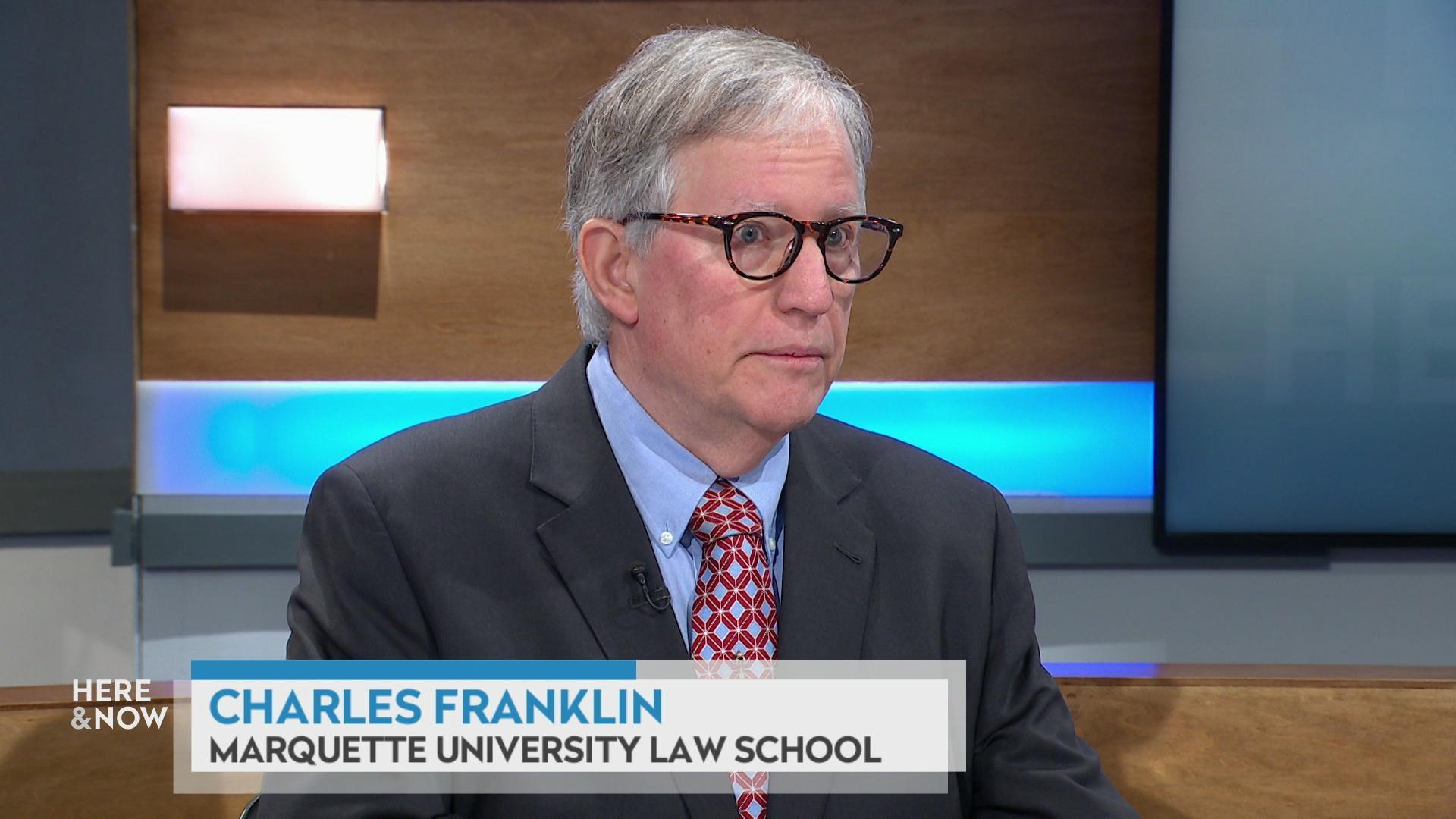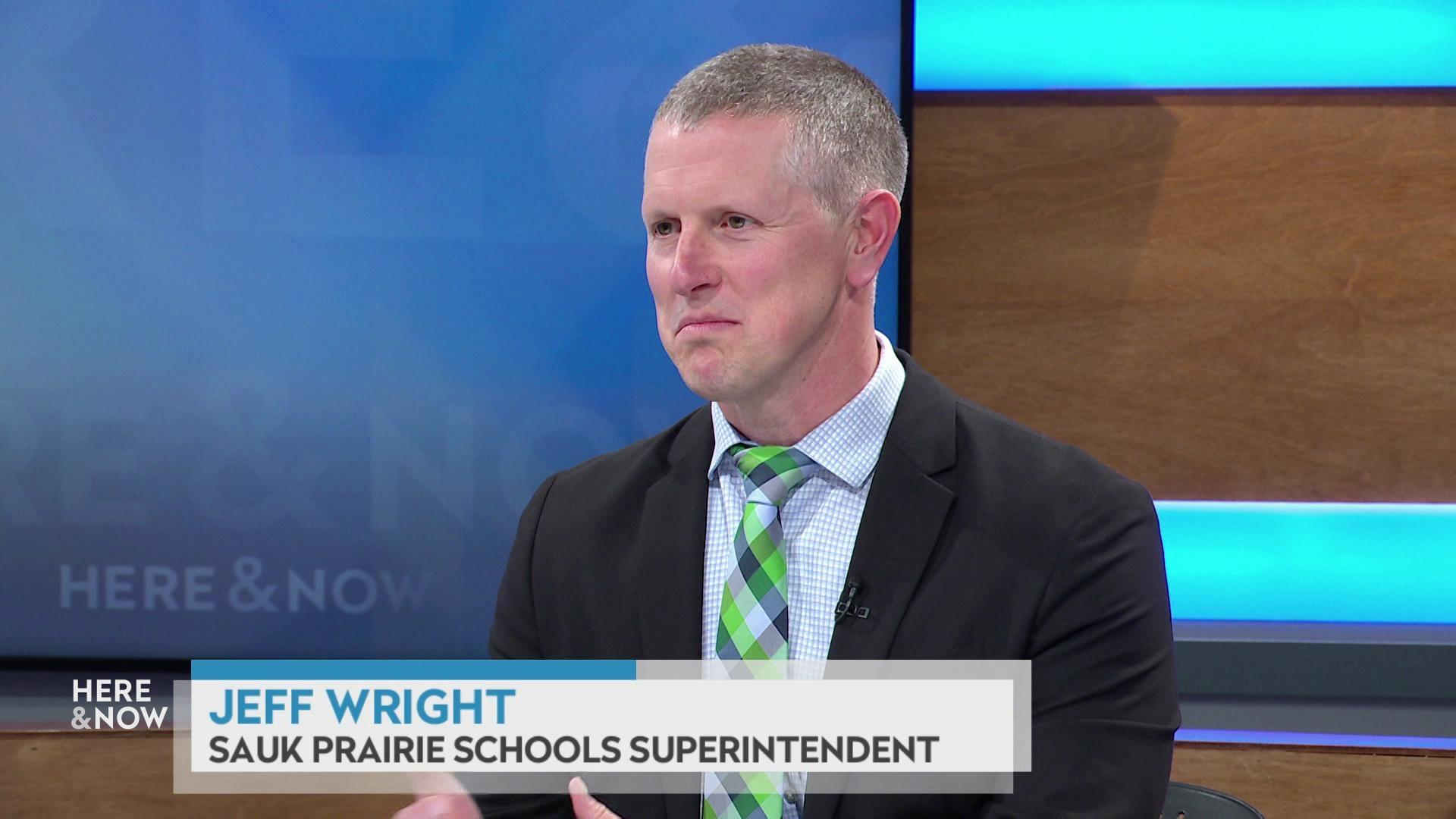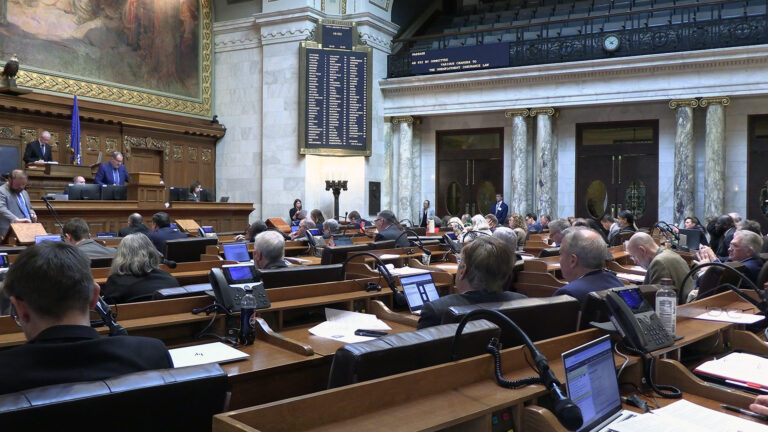Martin O'Malley on the future of Social Security under Trump
Former Social Security Commissioner Martin O'Malley discusses actions taken toward the Social Security system by the Trump administration amid continuing questions about its funding in coming years.
By Steven Potter | Here & Now
April 29, 2025
VIDEO TRANSCRIPT
Steven Potter:
So far, the Trump administration has cut about 7,000 jobs at the Social Security Administration, leading to longer wait times, website crashes and some confusion. Where do we stand today with the Trump administration's plans for Social Security?
Martin O'Malley:
I've had a very difficult time figuring out what their plans are for Social Security, but I can plainly see that they've now driven more employees out of this agency at a time when its staffing had already been reduced to a 50-year low, and because of baby boomers of my generation, its customers in pay status was at an all-time high. So, we've seen them now drive out of the agency — oftentimes paying them with our money to leave — more employees in a shorter period of time than they ever have. That's resulted in every line of service delivery, whether it's initial disability claims, or getting through on the 800 number, or getting through in the field office — all of those wait times are going in the wrong direction and will soon skyrocket. The third thing we're seeing is that because they've done away with half of their IT department employees, that very old web of systems is experiencing interruptions, outages. Sometimes, like with MySSA, it's public-facing, sometimes it's internal — people cannot process claims. And the length of those is going to go, it's going to happen more and more regularly, it's going to be of longer duration, and, ultimately, that will create a cascading effect that actually interrupts benefits at some point in time for some period of time. Don't know when, don't know for how long, but old systems need to be maintained, and they've driven the people out of the agency that maintain it.
Steven Potter:
Elon Musk has said that he's stepping away from Department of Government Efficiency, returning to his other various businesses. Do you think that him stepping away will bring down the temperature on some of these concerns around cuts?
Martin O'Malley:
I think Elon Musk and his team have already put in so many cuts that, if they had an epiphany, and the Ghost of Christmas Future appeared in his bedchambers and told him he has got to keep his hands off of Social Security, I think they've already done so much damage that it's going to be years and years recovering. I don't believe that they can actually stabilize the system unless there's a radical turnaround in hiring back of staff. But I don't know how you'd do that when you treated them so cruelly and heartlessly and told them to get the hell out of the agency. So, they've also cut the primary IT support contracts as well. Elon Musk needs to get out of our federal government. He's already put in motion so many things that are going to cause programs that Americans thought could never break down to break down, and one of them is Social Security.
Steven Potter:
How do we make sure that Social Security lasts and is maintained for those who aren't even near retiring yet?
Martin O'Malley:
Yeah, it's a great question. And I remember when I was in college, way back when, in the early '80s, we would say to one another, and this was before Congress made the adjustment, "Man, Social Security's not going to be there for us. We're putting our money in from our summer jobs, but it's not going to be there for us." And now I'm 62. I could apply today if I want to. And that's because Social Security is a pay-as-you-go program. In other words, some people have the misperception that we each have a savings account there. It's not like a savings and loan, it's not a savings account. The year before I worked at the agency, 'cause I committed these numbers to memory, Social Security as a pay-as-you-go system paid out that year $1.4 trillion to active beneficiaries, and it had paid into it, for those payments, $1.3 trillion from all of us that are out there in the work world. So you will ask, "Where did the other $100 billion came from?" Well, that came from a surplus reserve that had intentionally been built up since the last Congressional adjustment in 1982 to keep Social Security on that 75-year forecast and to be able to pay benefits for the baby boomer demographic bubble, which we've all known has been coming ever since our parents got married after World War II. But what people have been reading now for the last several years — because any headline that screams that Social Security is going bankrupt sells a lot of advertising and lots of people read it — so there's a kind of false narrative out there, that if Congress doesn't act, Social Security is going bankrupt in 2035 when that surplus reserve gets depleted before the baby boomers like me move on to their permanent reward. But the truth is that what would happen is that everyone would receive a 17% reduction in benefits, which would be really bad news for somebody that lives entirely on Social Security. But another way to think of it is Social Security will continue to pay 83% of benefits, even if Congress doesn't act. So if you had a family-owned business, and your accountant told you — or your sister that does your accounting, if your business isn't big enough for that — told you that you were going to have a 17% shortfall in revenues by 2035, you wouldn't run out of the building, plaster up a big sign that says, "Going Bankrupt in 2035, Closed for Business." No, you'd make an adjustment so that you don't hit that dip of a 17% painful haircut. And the bills that have received the most support in Congress — not yet passed, but that have been introduced — would propose and would put into law requiring people, once they make over $400,000, to start to pay into Social Security again. Because the way it works right now is, all of us pay in on the first $170,000 we make, but we don't pay another penny on any dollar over $170,000. So the result of that is that most people pay in all year round, but Elon Musk or Warren Buffet stopped paying in two seconds after the ball drops on New Year's.
Steven Potter:
So it'd be more taxing the rich?
Martin O'Malley:
Yes, most of the proposals would require that higher-earning Americans start paying into Social Security, as indeed they already do for Medicare. There's no like millionaire windfall for Medicare. They pay in on dollars earned. And that's what the bills to adjust Social Security — keep it on that 75-year forecast. I don't know anybody that operates on a 75-year forecast except Social Security, and I don't know any individual or any business that does. And for 90 years that's worked. Whenever they come upon a deadline, a legislature, Congress acts. Sadly, most legislators don't act until they get upon the deadline. That's what happened in 1983. Let's hope they don't wait so long this time, and let's hope that they don't liquidate the program before Congress was able to act.
 Passport
Passport











Follow Us